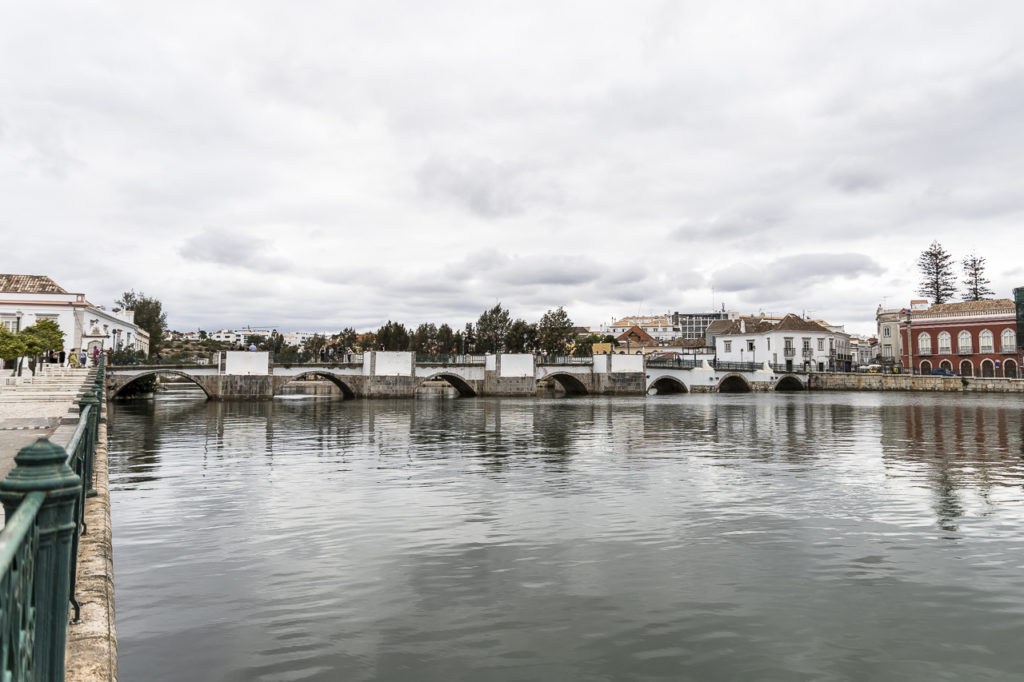Personally, I am much more of a municipalist than a regionalist, because in Portugal we do not have, nor have we ever had, the practice of regions.
We have very accentuated geo-ecological regions, but there were never enough ethnic or religious differences between the populations to justify the claim of their own identity and the desire for autonomy and management of regions as autarchies.
We are an ethnically homogeneous country in the cultural diversity of each “natural region”. It is easily recognizable the cultural character and certain uses, customs and traditions that mark the populations of our territory, from the continentality of Trás os Montes or Beiras, to the Atlanticity of the populations of the extensive coastal regions, the culturally strong characteristics of the Alentejo and from its undulating living space, even the indisputable idiosyncrasies of the populations of the Algarve, which are so markedly Mediterranean.
But, since the cradle of nationality, we have had the Crown Government and the local governance of charters and municipalities, with no other administrative level.
The municipality has always been the great institution of the people, which, moreover, the monarchy has supported since the dawn of Portugal, as it was in the municipalities and charters that the Crown supported and defended itself from economic and political powers that would emanate from the nobility, such as Posidonia class and hegemonic goals.
The long municipalist tradition was at the origin of great episodes, sometimes heroic, of the existence of this small country as an independent territory, amidst storms that ravaged History, century after century.
Therefore, and contrary to very good people who think the opposite of mine, I would like to see a strong administrative decentralization based on associations of municipalities and metropolitan areas, without all those burdens and costly organics inherent in the creation of Regions (and care with the chiefs, of which we have already seen examples out there…)
Today, the partisanship of democracy, although indispensable and inevitable, also has the adverse side of the struggle for the party being many times more important than the real interests of the people – whatever the ideological quadrant it is.
But the municipality always has at its disposal the weapon of public consultation and, in this way, it can act according to the general will – but this rarely happens, which is a pity.
This is due to the new road bridge that the Municipality of Tavira assumed as the purpose of its action in favor of the city and supposedly in favor of the population of Tavira.
From the urban point of view, in addition to groups of informed citizens protesting against that bridge, architects and other technicians of recognized capacity and knowledge of urban practice have also spoken unfavorably against that construction.
In fact, with other road bridges existing a few hundred meters from the one that is now a reason for disagreement, it is not possible, in good truth and with common sense and prudence, to insist on any advantages that may come to Tavira with this crossing.
If it is a pedestrian crossing, that makes perfect sense! Now bringing more vehicles to an already congested urban center, with an old and limited road structure, the greater influx of cars will only worsen people's quality of life and bring no benefits to the city.
The municipal executive has democratic legitimacy to determine the city's policy, but, in the face of so much contestation, once again common sense and prudence should advise the population to be consulted – this is the true spirit of municipalism, the spirit autarchic, the tradition of free men governing the city, the polis. The managers of the polis are its inhabitants, the politicians.
I don't know if the majority of the population will be in favor or against; excellent opportunity for a public consultation to determine and help the Chamber to follow the most consensual path.
For technicians who are interested in and study urban policy and the sense of optimizing the use of urban space and its better enjoyment, it is evident that a road bridge crossing Tavira is a huge nonsense.
But let the people speak freely, without manipulation from any side, and the people will give their reason – the general will, which Rousseau already wanted to be heard.
Author Fernando Santos Pessoa is a landscape architect


















Comments